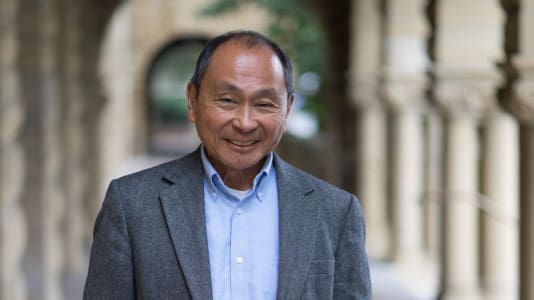Polish energy giant PKN Orlen is building a new oil refinery in the Płock area of central Poland, and the influx of foreign labor it entails is making the local population nervous about what will happen to their tourist businesses and the security of their community.
The cost of the investment is understood to be €3 billion, and the contractor chosen, Hyundai Engineering, is hiring workers from the Middle East and Asia for the job. The wave of foreign nationals this has already brought and is expected to continue to bring into the area, along with the scale of the project, is causing ripples in Płock’s local communities.
The rural village of Koszelówka is home to a population of just 180 people and has developed tourism around a local lake. Orlen is already purchasing beds in the area to house the workforce necessary for the construction of the new oil refinery.
The owners of the tourist businesses are concerned that they will lose clients who are put off by the mass of foreign workers, especially regular customers who come back year after year. They report that schools that used to organize spring and summer camps are asking questions about what the presence of so many foreign nationals will mean for security. Although they emphasize that they are not prejudiced, they nevertheless are still worried about their businesses.
Several hundreds of workers have already been housed in the city of Płock and surrounding rural areas. It is estimated that there will be 10,000 people working on the project, including 6,000 from Korea, India, Pakistan, Malaysia, Turkey and Turkmenistan.
The local mayor, Zbigniew Białecki, is complaining that there was no consultation with the local government over the investment. He observes that the situation would be different in a larger city where the additional labor could be better dispersed, whereas, in such a small community, the influx totally changes the nature of the area. Like the local business owners, he is concerned about security and income from tourism being affected.
Representatives of the Orlen Group present a different picture. They argue that they have been consulting with the local community and that the investment means new jobs and income. The new arrivals will generate demand for local shops, goods and services, they argue. In fact, the local community is so small that it has few shops, but it does have several tourist and recreational businesses.
Questions are also being asked about why foreign labor is predominant in the project. Orlen answers that it had to tender for the construction of the refinery and that there was no exclusively Polish company that was equipped to carry out such a huge job.
The local labor exchange complains that Orlen does not report its recruitment efforts to them, despite being a publicly owned company. However, the officials at the exchange concede that the unemployed they have on their books may not necessarily be qualified to meet the demands and needs of a company like Orlen.
In Płock itself, the number of foreign nationals is already becoming noticeable. There have not been any incidents thus far, but the local county council has appointed a crisis team to monitor the large numbers of outsiders, as well as to manage problems with the local road works caused by the intensive construction taking place.
According to the local police, there has been no rise in the number of crimes committed. Out of the 313 crimes recorded, only 3 percent were committed by foreign nationals, including seven instances of driving under the influence of alcohol and one drug-related offense.
Orlen is trying to help with the integration of the migrants, and an information campaign is in the works to raise cultural awareness. The company is also paying for translators for the local police, and there is a program involving officers meeting with local youths to discuss the issue of racial discrimination. The company will also be holding social events for workers and the local community to get better acquainted with foreign cultures.





